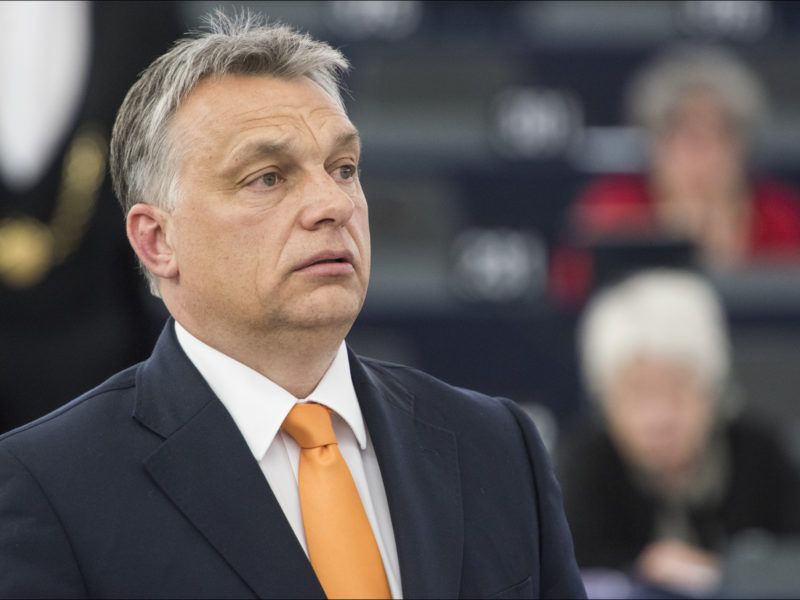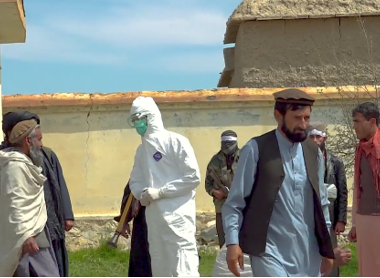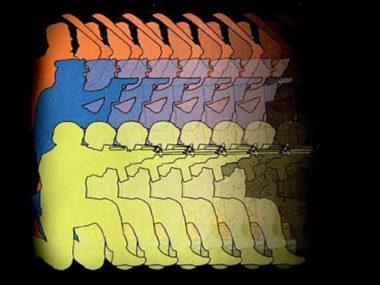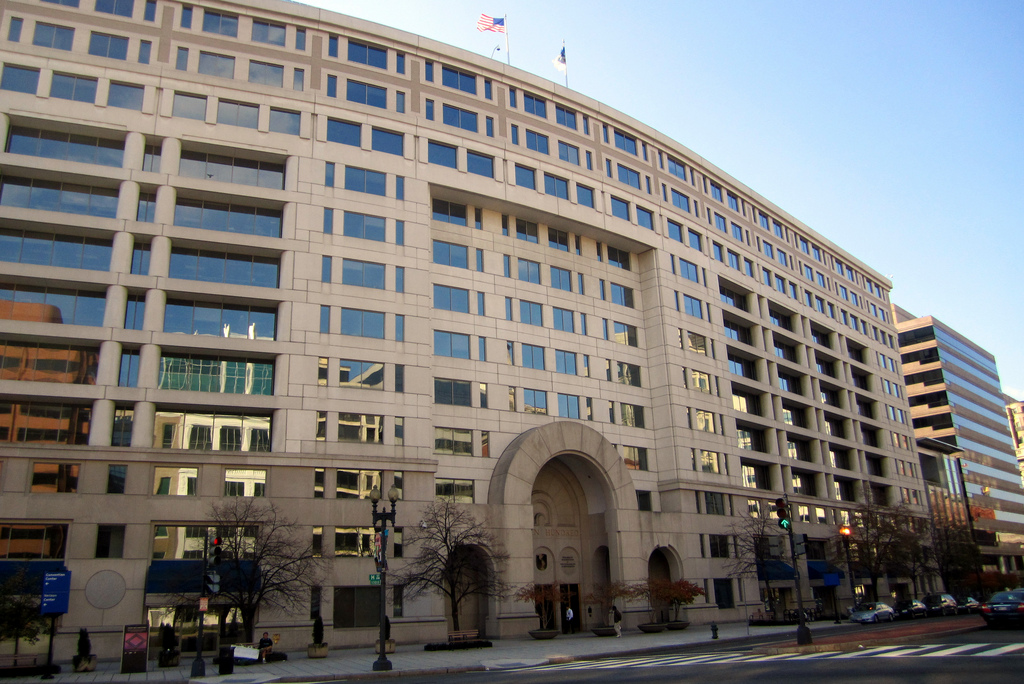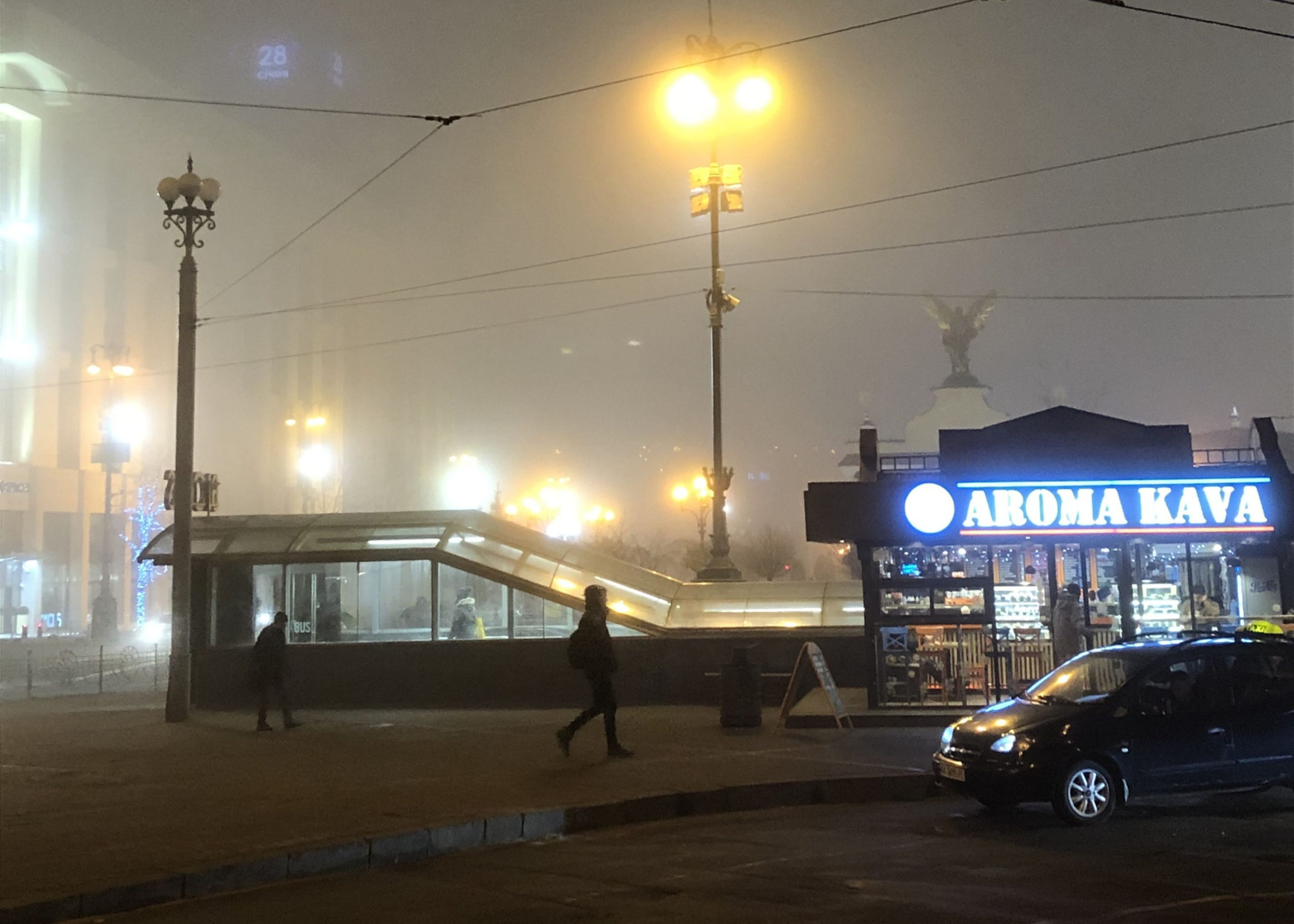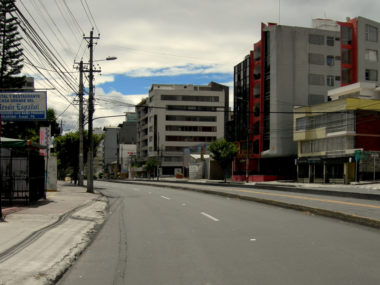Guest post by Vilde Lunnan Djuve and Carl Henrik Knutsen
In March 2020, COVID-19 generated a major emergency in countries across the world with public fear of the virus, lockdowns, and economies going into a tailspin. Yet, observers and citizens in many countries were worried about one additional thing, namely that their leaders would use the ongoing crisis as a window of opportunity for concentrating power in their own hands and thereby (further) undermine democracy. This was the case in Hungary, for example, where Viktor Orban’s government was granted the power to rule by decree. Such fears are not unfounded: History suggests that whenever leaders declare states of emergency in response to a (perceived or real) crisis, democratic decline becomes much more likely.
The COVID-19 crisis, in many ways, was unprecedented in its global scope and wide-ranging ramifications. Yet, even more conventional crises such as a “regular” economic recession with increased unemployment and reduced incomes, could have notable political consequences. From previous research, we also know that crises are related to various tumultuous political events such as civil war, coups d’état, and revolutions.
But very often regimes are changed not by some outside force such as military officers conducting coups or by revolutionaries in the streets. Instead, global data from the last two centuries show that the incumbent regime elites, including the sitting leaders themselves, are very often involved as key actors in processes of regime change. Does economic crisis increase the chances also of such incumbent-guided transitions?
In our new study, we investigate the relationship between economic crisis and regime changes driven by regime incumbents. We find that the relationship between economic crisis and incumbent-driven transitions (when treating them as one category) is very clear and at least as strong as the relationship between crisis and coups d’état. In other words, the risk of regime change driven by sitting presidents or other top leaders increases just about as much as the risk of coups, in the wake of economic crisis.
Why do we find such a robust relationship between economic crisis and incumbent-guided transitions? We propose two complementary explanations:
Are economic crises “windows of opportunity” for aspiring autocrats?
First, we argue that economic crises can work as windows of opportunity for incumbent leaders who are eager to expand their grip on power, make sure that they stay in power in the future, and diminish the role of the opposition. The idea is that, like during a pandemic (albeit typically on a smaller scale), citizens are more willing to accept extreme measures from their incumbents when crises loom. This gives leaders leeway to blame common enemies, ensure support where they otherwise cannot find it, and pursue regime change in a direction they inherently prefer.
Indeed, we find in our study that there is a strong and systematic relationship between economic crises and non-democratizing regime transitions driven by the regime incumbent. For examples of this unfolding in the real world, we can look to the self-coup of President Fujimori in Perú in April 1992, which took place after a long slouch in growth and the ascension of the armed group Sendero Luminoso.
Can crises also trigger democratization by cornering sitting autocrats?
In a more hopeful vein for supporters of democracy, we also have reason to believe that crises can trigger incumbent-guided liberalization. Both previous scholarship and real-world examples suggest that crises may force concessions from cornered autocrats because they ultimately would prefer gradual democratization to full-fledged revolution or armed insurgency. Since we know that crises make both coups and revolutions, perceptive autocrats should anticipate the heightened threat levels and thereby be more motivated to, e.g., hold general elections to diffuse tensions.
For a classic example of crisis driving popular discontent, rising insurgency, and mediated democratization guided by the incumbent, we can look to Zambia when the rule of the United National Independence Party (UNIP) ended in 1991. Kenneth Kaunda and UNIP had ruled Zambia for 27 years, whereof 18 under a formalized one-party state. Yet, in 1991, multi-party elections were held, followed by a relatively peaceful transfer of power to the Movement for Multi-Party Democracy (MMD). Here, the economic crisis built up substantial pressure on the regime by way of widespread protest and increasing opposition alliance building. Under such conditions, the regime ultimately opted to reform a less favorable regime type than the status quo, presumably because this outcome was preferable to them compared to forced regime change by outside actors.
We thus know that crisis can help push the needle in some instances. However, we do not find in our analyses that there exists a robust, systematic relationship between crisis and incumbent-guided democratization, more specifically. It might be that many cornered dictators, during times of crises, preempt the need for concessions by consolidating power instead of liberalizing. Or, they make policy concessions to the opposition that fall short of democratization, but still ease tensions, such as increasing pensions payments.
Crises, incumbents, and watchdogs
Overall, then, we find that crises rarely pressure incumbents to democratize. Rather, crises enable regime leaders to alter their regimes either without affecting their democracy score, or by lowering it. In the midst of a global halt in democratic progress, there is thus particularly good reason to pay close attention to the actions of incumbents in weak democracies during times of crises.
Vilde Lunnan Djuve is a Postdoctoral Fellow at the Department of Political Science at the University of Oslo. Carl Henrik Knutsen is a Professor of Political Science at the University of Oslo and a Researcher at the Peace Research Institute Oslo.

